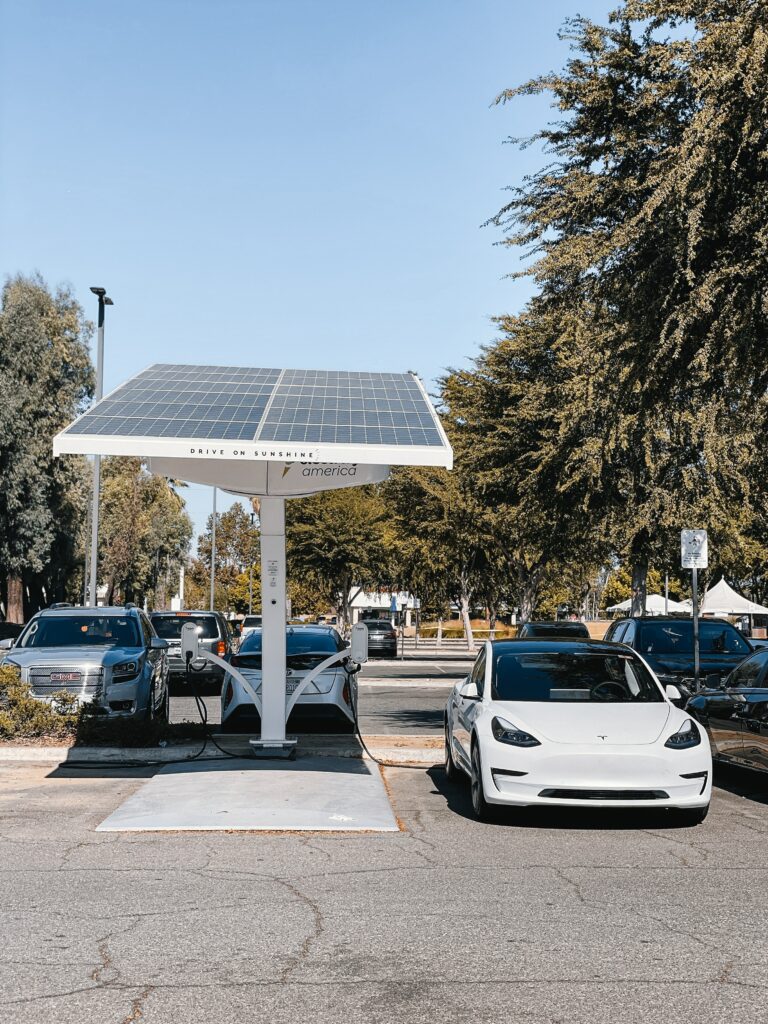People are looking for greener and more energy-efficient fuel sources; hence hybrid cars are becoming increasingly popular.

They are the ideal middle ground between a regular gasoline-powered car and a fully-electric vehicle. So, what exactly is a hybrid automobile? A hybrid vehicle combines a gasoline engine with electric propulsion. The internal combustion engine and regenerative braking charge the battery.
Hybrid vehicles are classified into three kinds. Regular hybrids, plug-in hybrids, and range extender hybrids are among them. Regular hybrids charge their batteries by regenerative braking; however, plug-in hybrids can charge them by plugging them into an outlet. The gasoline engines in range extender hybrids generate electricity that recharges the batteries.
Hybrids use less fuel than gasoline-powered vehicles and emit fewer pollutants and greenhouse gases into the environment. In addition, plug-in hybrid vehicles can go short distances entirely on electricity. This is quite beneficial, particularly when the petrol runs out.
The Benefits of Hybrid Vehicles
The government provides incentives for hybrid vehicles, such as cheaper annual tax bills and exemption from congestion charges. This is because they combine two power sources, and when the gas runs out, the electric motor takes over to finish the journey.
Hybrids emit zero emissions when operating in full-electric mode, which aids in environmental conservation. In addition, hybrid vehicles provide smooth and responsive power while emitting less noise on the road.
Many individuals prefer hybrids to standard gas engines, which has resulted in higher resale value. Since the debut of the Prius over two decades ago, the hybrid market has developed. Many automakers are developing hybrids with increased features and technology. The hybrid market has something for everyone, whether a van, a family sedan, or a sophisticated SUV. Here are some important factors to consider when purchasing a hybrid vehicle.
The Cost of Purchasing or Leasing
The cost of purchasing a hybrid is more than that of a gasoline-powered vehicle. Plug-in hybrids are more expensive than normal hybrids. The most basic hybrids start at around $20,000, and higher trims can cost $100,000. Other range extender hybrid cars, like the Chevrolet Volt, qualify for federal and state tax incentives, lowering the cost of purchase.
Batteries’ Prices
Lithium-ion batteries are an important component in hybrid vehicles. Unfortunately, it is unclear how long batteries may be expected to survive, and the expense of replacing them is relatively significant. They do, however, retain approximately 80% of their initial capacity after 100,000 kilometers. In addition, some automakers provide lifelong coverage for their vehicles, lowering the cost and frequency with which batteries must be replaced.
Federal and State Incentive Programs
The federal government provides incentives to encourage consumers to embrace a greener, more sustainable energy sources. This contributes to a reduction in carbon emissions. Different states also provide incentives that vary by state.